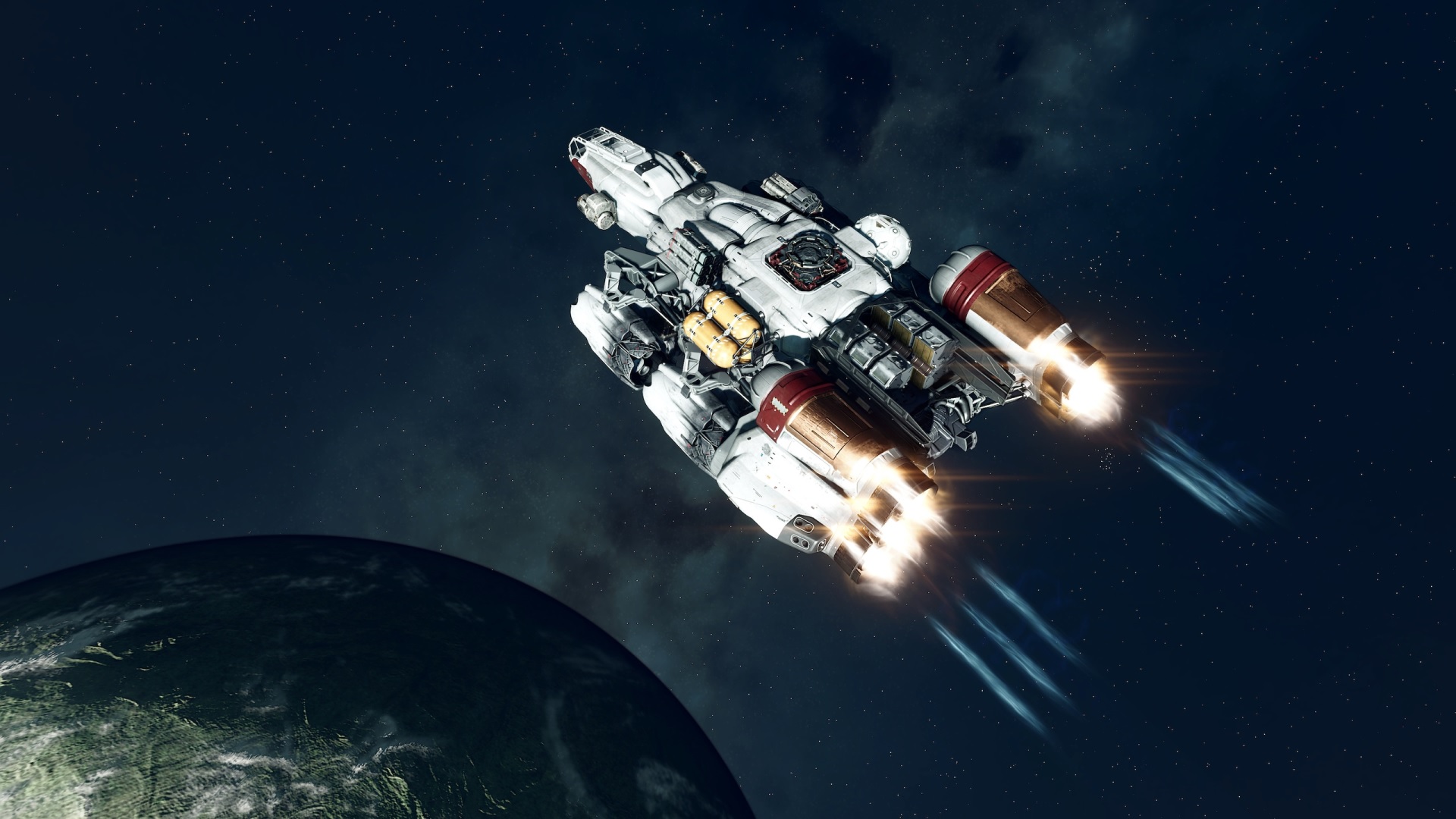Bethesda Game Studios' long-awaited space-exploration RPG finally came out in September amidst high expectations, drawing from the developer's illustrious history of making award-winning games. Promising everything from galactic discoveries to intriguing NPC encounters, space battles, and multifaceted missions, there was much to anticipate. As with any highly-hyped title, Starfield's reception has proven to be deeply polarized.
Starfield appears to be an undeniable success. More than 10 million people have played it since launching and it's still drawing players by the hundreds of thousands if not millions. That said, not everyone is singing its praises.
To further put this divide into perspective, when u/bogeyj asked on Reddit if Starfield was a top three Bethesda game, the responses mirrored this division. While some feel it holds potential, others classify it among Bethesda's worst. Such split is common, as fans compared their experiences with Bethesda's iconic games like The Elder Scrolls IV: Oblivion, The Elder Scrolls V: Skyrim, Fallout: New Vegas and Fallout 4. A common criticism is how empty exploration in Starfield felt, as it lacked the impact of Bethesda's earlier titles.

